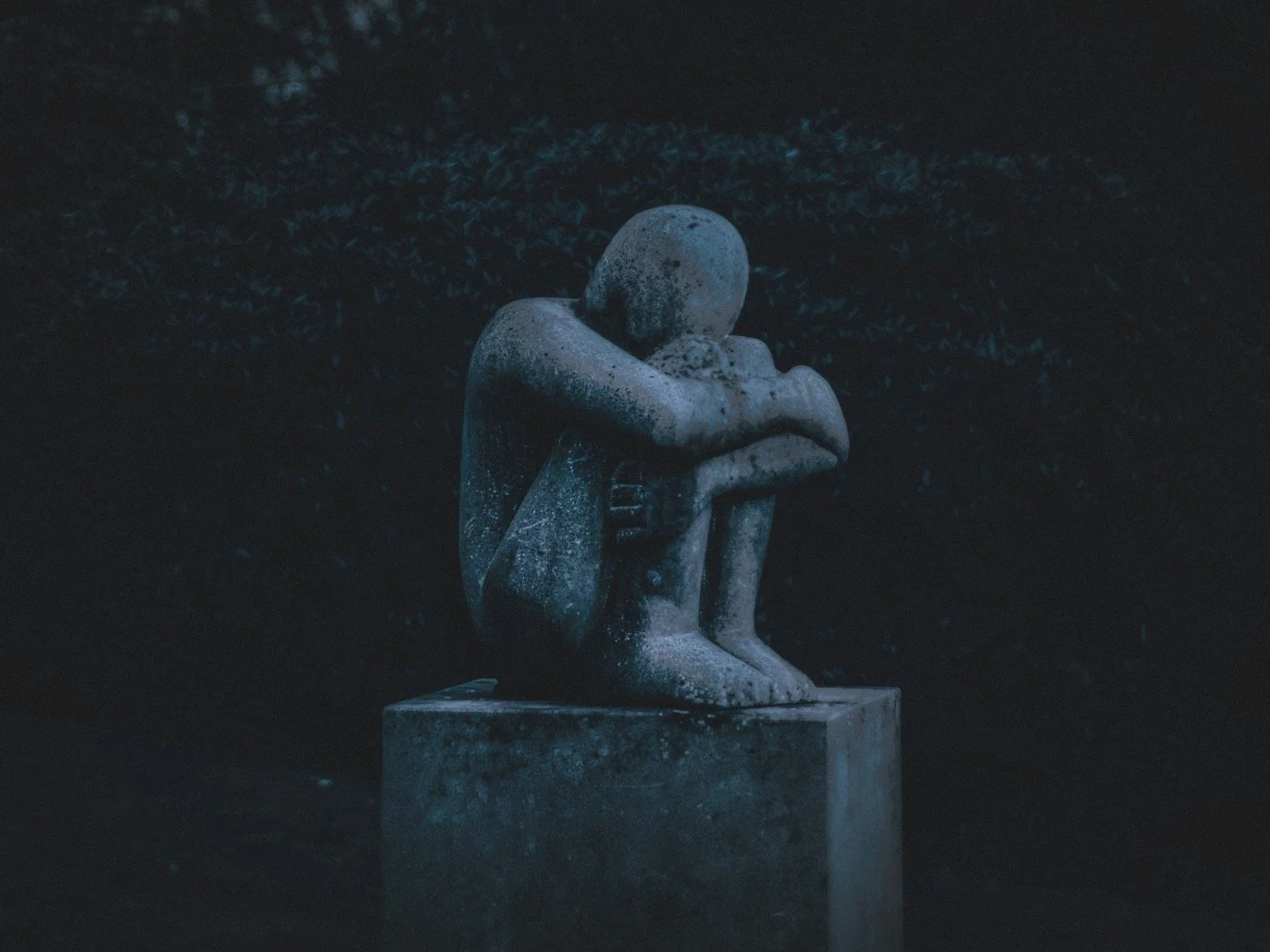Readings for today: Job 37-40:1-5, Psalm 19
Father, help me to slow down. To quiet down. To rid myself of all distractions so that I might hear Your voice. You are speaking, am I listening? Am I ready to hear what You want me to hear? Ready to receive the message You have for me? Ready to obey the call You place on my life for today?
Many years ago, I worked at Boulder Community Hospital. I had just graduated from college. Just gotten married. Needed a job. So I applied to be a per diem Admissions clerk with the hope I could catch on full-time. After coming back from my honeymoon, several people had quit in the department and they offered me a position. A few weeks later, I got back from a friend’s wedding and the lead person in the department had quit so they asked me to take that position. A few months after that, my manager walked out the door and they asked me to take that position. It was quite the whirlwind! I was 23 years old and running a department of 12-15 employees without any management or healthcare experience. Over the next year, three more departments were added to my plate and I ended up with about 50 employees reporting to me and I was the youngest manager by a decade or more. Then my director left. As they searched for a new one, I was invited into meetings to represent the business side of the hospital and offer my perspective as the person running all the frontline services. I still remember the last meeting I attended. I was pretty proud of myself at this point and I naturally had an opinion about everything. So I was in a meeting where we are discussing the launch of our nationally renowned sports medicine clinic. The executive director who I believe held both an MD and an MBA was talking about revenue streams and development plans and the entire leadership of the hospital was present. The president and the five vice presidents. All the directors and several members of the board. I was by far the youngest and lowest on the totem poll. Again, the only reason I was there was because the director position above me was still vacant. Right in the middle of the presentation, I interrupted to make what I thought was an important point. I attempted to correct the executive director in front of everyone. All eyes turned to me and I’ll never forget his words, “Who the hell are you and why are you even here? If we want your opinion, we’ll ask. Otherwise keep your mouth shut and stop wasting our time.” I wanted to disappear. Unfortunately, the meeting lasted another hour and I had to just sit there in my embarrassment. Afterwards, my vice president came to me and let me know I wouldn’t be attending any more meetings. ;-)
It was the worst moment of my life and yet it was the best moment as well. I learned humility the hard way. I learned about role clarity within an organization and how to know your place in the pecking order. I had no business being in a meeting of that magnitude much less speaking up. I had no understanding of the big picture. I had no appreciation for all the different factors in play. I was ignorant and clueless. Just like Job. In chapter 38, God finally answers Job from the whirlwind. He questions him over and over again. “Where were you when I laid the foundations of the earth?” “Have you commanded the morning?” “Have you entered the springs of the sea?” “Do you know the ordinances of the heavens?” “Can you lift up your voice to the clouds?” Job answers the way any of us would. The way any of us should when we come face to face with the majesty and might of God. “Behold, I am of small account; what shall I answer you? I lay my hand on my mouth. I have spoken once, and I will not answer; twice, but I will proceed no further.” (Job 40:4-5)
What is the main message of Job? God is God and we are not. We are not like Him. We cannot understand Him. We cannot begin to grasp the height and depth and breadth of His ways. He is all-powerful, all-knowing, and ever-present. He sees things we cannot see. He knows things we cannot know. He hears things we cannot hear. To contend with God is utter folly for His ways are unsearchable. Who are we to question God? Who are we to call God to account? Who are we to demand anything from God? He keeps His own counsel. He does not need our advice. He does not ask our permission. Theologian Sally McFague once defined sin as “our refusal to accept our place.” It’s an unwillingness to embrace our role. It’s the prideful belief that we can be more or should be more or deserve more than what we have or what we have received. This was the original temptation, of course. Eat the fruit and you will be like God. You will know good and evil like Him. You will see what He sees. You will understand what He understands.
We still fall for it, don’t we? I know I do. Despite the humbling experience at BCH all those years ago, I still find myself struggling to accept the role God’s defined for my life. I have this insatiable appetite for more. In my pride, I think I can achieve more. Accomplish more. Do more. All for God’s Kingdom, of course, but if I’m totally honest, it’s for me as well. So I’ve made a commitment in my life. I will walk with open hands before the Lord. Whatever He wants to place in my hands, I will accept. What He does not place in my hands, I will not seek. If He wants to raise me up, I will embrace the challenge. If He wants to lay me low, I will humbly accept His will. This is what it means for me to humble myself before the Lord.
Readings for tomorrow: Job 40:6-42:17, Psalm 29




